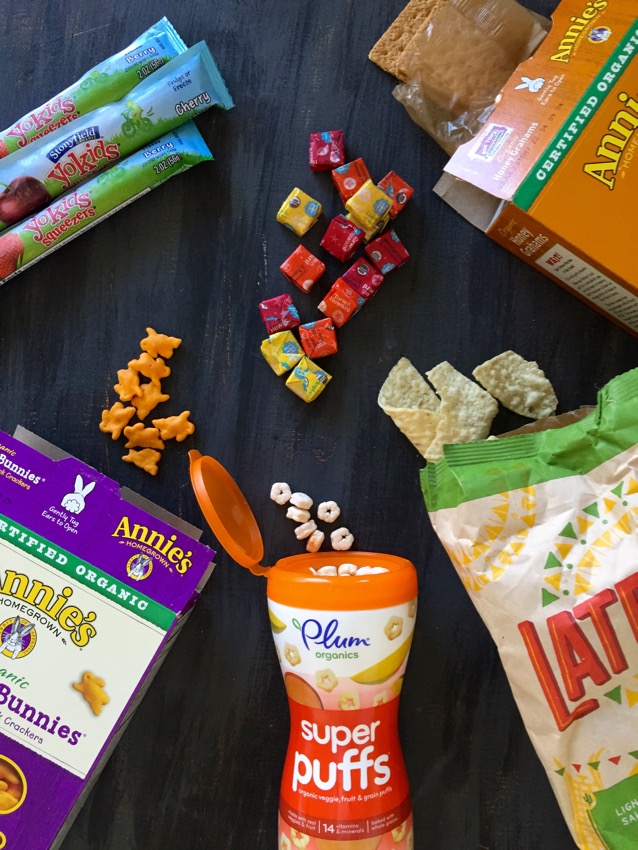Do you use Splenda to sweeten coffee, tea and baked goods? You may want to reconsider, according to CSPI, who has recently downgraded Splenda from “Safe” to “Caution” on their Chemical Cuisine list after an Italian laboratory found the sweetener caused leukemia in mice.
Though Splenda is widely considered to be better choice than aspartame (NutraSweet/Equal), saccharin (Sweet-n-Low) and acesulfame-potassium – all of which have shown potential human health risks – no long-term studies have proven it’s safety. And now, it’s possible a study has proven it’s danger – though further review is needed before any call is made.
Since it’s introduction in the U.S. market in 1999, Splenda has overtaken aspartame (which by the way, was brought to market by Monsanto – yikes!) as the most commonly used artificial sweetener.
What exactly is Splenda?
A synthetic chemical made by chemically reacting sugar (sucrose) with chlorine.
Um, I don’t know about you, but whether or not chemists say this is safe is not going to make me feel any better about consuming a chlorine-containing sweetener!
What should you choose instead?
That’s really up to you, but in my opinion – sugar or natural sweeteners not concocted in a chemistry lab are always the better choice. Cane sugar, honey, maple syrup, agave, or fruit juice are all good natural choices. The key is to eat all sweeteners in moderation and develop a taste for unsweetened foods, too.
Here’s a chart comparing the pros and cons of sugar vs. artificial sweeteners.
And here are my recommendations for the healthiest ways to sweeten your foods and beverages.






2 Comments
Aisling @ Sunny Side Up
June 27, 2013 at 5:20 amWow, thank you for that update and for the really clear chart, much appreciated and very interesting!
CC
November 7, 2013 at 10:53 amI was on a plane once and the man next to me started talking about how unhealthy splenda was for the human body and that he should know because he was part of the team that created it. He said he felt guilty for helping to create such a horrible product that was unleashed without warnings. Was he legit or some nut case? I don’t know but it did make for an interesting plane ride.